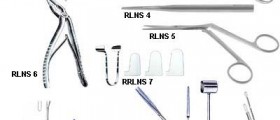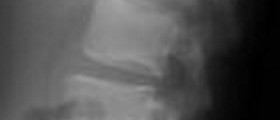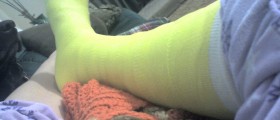
Sinus infections
A sinus infection is also known as sinusitis, and it is caused by an inflammation of the sinus area and the nasal passages.
It can usually result in a pretty bad headache and lots of pressure being felt in the eyes, nose and cheek area.
It usually results from cold and is accompanies by cold-life symptoms, such as a cough, fever and bad breath. Nasal congestion and thick nasal secretions often accompany a sinus infection as well. The sinus have defense against bacteria and viruses and are covered with a layer of mucous and cells that have very small hairs on the surface that will help to trap and propel bacteria and pollutants.
It can either be acute or chronic.
When a person has acute sinusitis, it will last for les than two months usually and it will not be occurring any more than three times a year, with each lasting no longer than ten days usually.
There are medications that will successfully be able to treat acute cases.
However, chronic sinusitis is more of a problem, and it lasts a lot longer when it occurs as well as occurring many more times each year. Surgery
In chronic cases of the condition, surgery may become an option.
Sometimes antibiotics and drugs cannot relieve the symptoms and a person must find another way to cope with the condition.
The goal of the surgery is to remove the obstructive mucous, open the sinus and nasal passageway and to allow the sinuses to be drained properly.
In the surgery the nasal polyps can also be removed if need be, and a crooked nasal septum can also be straighten, because those conditions usually influence the sinuses heavily and make the infections even worse and more unbearable in chronic instances.
However, even after the surgery is performed, there will probably be a need to continue with long-term nasal steroids and antibiotics on the occasions when the sinus infection reoccurs.
If the sinus infection continues after the surgery, a new diagnosis will probably be needed.
A culture that can be taken during an endoscopic surgery or a routine doctor’s visit can show anaerobes, which are a type of bacteria that can grow when there is no oxygen. These must be treated, and there is a very big range of treatment for these bacteria, including antibiotics.
Also, a fungal infection could be causing the problem, in which case anti-fungal medications will be prescribed by the doctor.

















Your thoughts on this
Loading...